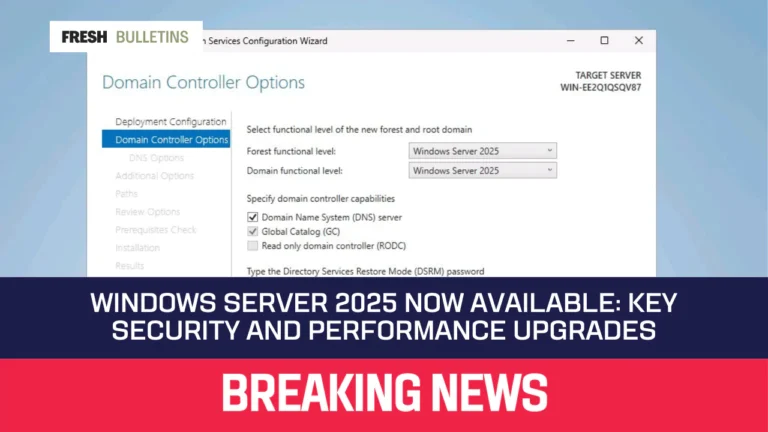Hackers Tap Into 18-Year-Old Browser Loophole Affecting Safari, Chrome, and Firefox
Hackers are using an 18-year-old loophole in browsers like Safari, Chrome, and Firefox to exploit local network services. This flaw lets them send requests to devices on a user’s local network, potentially gaining unauthorized access. The vulnerability has led to a rise in security risks for users worldwide.
Background on the 18-Year-Old Loophole
What is the Loophole?
The loophole stems from the use of the IP address 0.0.0.0. This address, usually meant to indicate “any address,” has allowed attackers to reach local devices when they access public websites. When a browser receives a request to 0.0.0.0, it sometimes sends that request to the user’s local services, like databases or internal applications that should not be accessed from the internet.
How Did it Go Undetected for 18 Years?
This flaw has been present since the early days of browsers. It was overlooked because the focus was primarily on responding to requests rather than examining how those requests could be made. Research and user complaints about the issue led to increased scrutiny. However, without a unified response from browser developers, it remained unaddressed for nearly two decades.
How Hackers Exploited the Loophole
Weaknesses in Chrome, Firefox, and Safari
All three major browsers have weaknesses that make them susceptible to this flaw. Initially, they lacked proper safeguards against requests directed at 0.0.0.0. In particular, Chrome and Safari have had vulnerabilities due to how they implemented security measures. Firefox, while aware of the issue, did not prioritize a fix until recent reports surfaced.
Using 0.0.0.0 Queries
Hackers exploit the loophole by sending 0.0.0.0 requests from public websites. Even though browsers block some internal addresses like localhost or 127.0.0.1, they let through those requests directed at 0.0.0.0. When an unsuspecting user visits a malicious site, it can trigger requests that access and manipulate local services without detection.
Impact and Consequences
Security Risks to Users
The security risks are significant. Malicious actors may gain control over a user’s computer, accessing applications and sensitive data. Users remain unaware as hackers exploit local services for various nefarious activities. They may hijack traffic, steal personal information, or install malicious software.
Potential Data Breaches
This vulnerability increases the risk of data breaches. Organizations with internal applications running on local networks are particularly vulnerable. If a hacker can manipulate these applications, they can access sensitive business information. This threat not only endangers individual data but could lead to large-scale breaches affecting thousands of users.
Steps Being Taken to Address the Issue
Apple’s Fix
Apple has committed to addressing this loophole in future updates. In their upcoming Safari 18 release, they are implementing measures to block requests to the 0.0.0.0 address. This move aims to close the entry point that hackers have exploited. They responded quickly after researchers disclosed the vulnerability, recognizing the potential for severe exploits.
Importance of Regular Browser Updates
Regular updates are essential to maintaining a secure browsing experience. Browser developers are working on patches to address vulnerabilities continuously. Users need to ensure that their browsers are updated to receive the latest security features.
Other Security Measures to Protect Against Hackers
Users can take additional actions to protect against this type of attack. One important step is adjusting network settings to limit the exposure of services. Another approach is implementing strong security measures, such as using firewalls and VPNs to add layers of protection. Developers should also utilize security best practices when designing local applications and services to prevent unauthorized access.
In conclusion, the discovery of this loophole highlights the importance of browser security. Taking steps to address vulnerabilities and staying informed can help individuals and organizations safeguard their data. As browsers implement more robust protections, users should remain vigilant and proactive in their online activities.







